Improper disposal of certain items on private property can lead to serious legal consequences and environmental damage. Many people assume that what is on their land is their responsibility alone, but local and federal laws regulate what can be discarded. Ignoring these regulations can result in fines, contamination, or even criminal charges. Understanding which items are restricted and why is essential for responsible property ownership. Here are eight items you should never dump on your property to stay compliant with the law and protect the environment.
1. Hazardous Household Chemicals
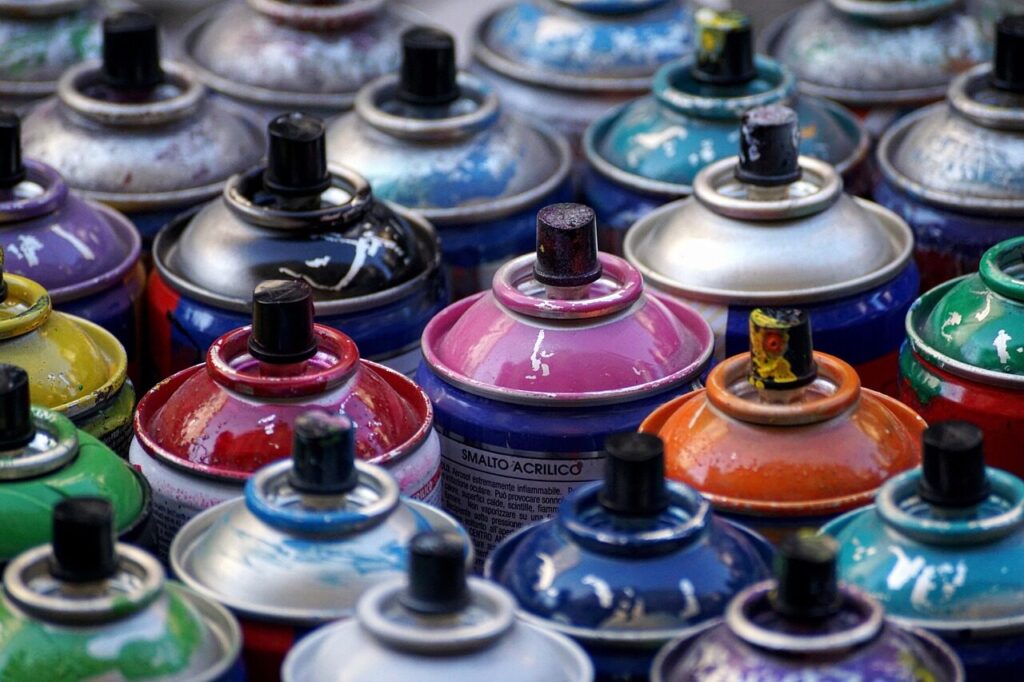
Hazardous household chemicals include substances like paint, pesticides, cleaning solvents, and automotive fluids. Dumping these chemicals on your property can contaminate the soil and groundwater, posing serious health risks to humans and animals. Many states have strict rules regulating the disposal of these materials, often requiring that they be taken to certified hazardous waste collection sites. Failing to dispose of these chemicals properly can result in substantial fines and environmental cleanup costs. Always read labels and follow local guidelines to ensure safe disposal of hazardous substances.
2. Electronic Waste
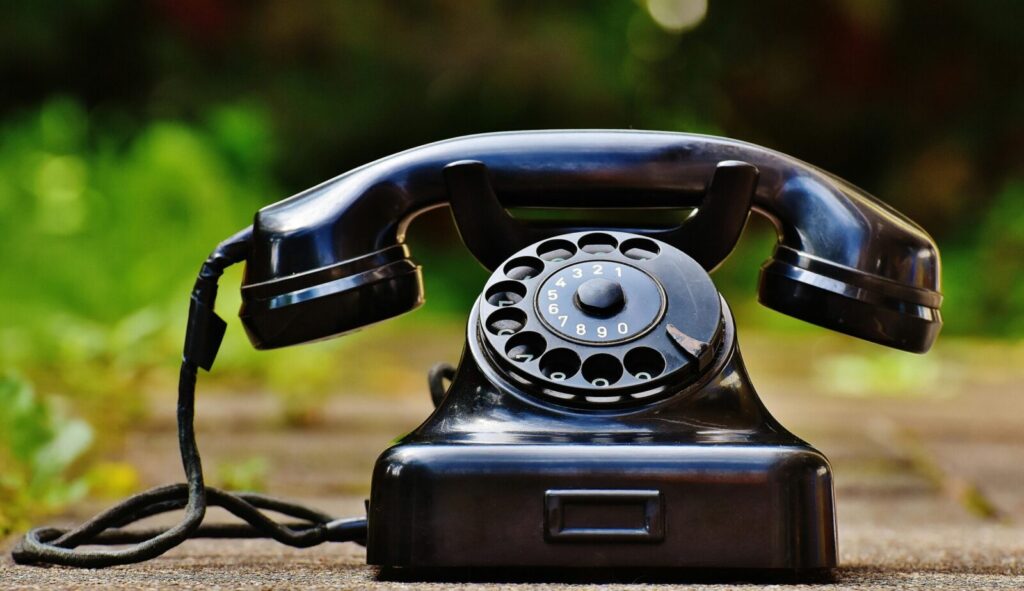
Electronic waste, also known as e-waste, consists of items like computers, televisions, and mobile phones. These items often contain toxic materials such as lead, mercury, and cadmium, which can leach into the soil and water when dumped improperly. Many municipalities offer designated e-waste recycling centers to safely process these devices. Simply discarding electronics on your property is not only harmful to the environment but also illegal in many areas. Recycling programs ensure that valuable metals are recovered and hazardous materials are contained.
3. Tires
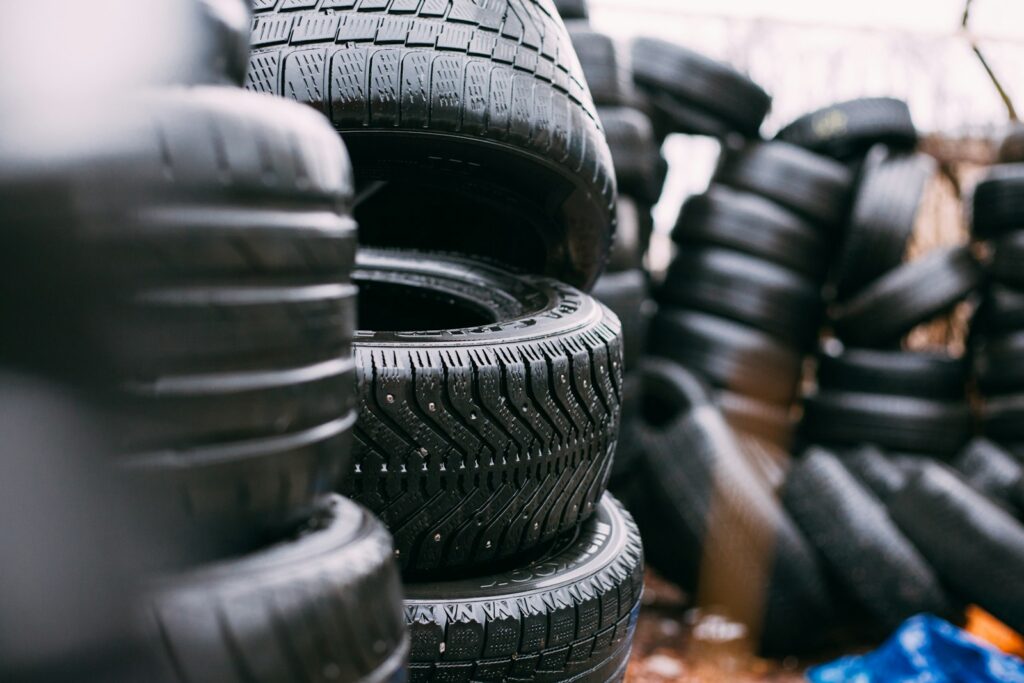
Discarded tires are not only unsightly but also pose serious environmental and health risks. They can collect water, becoming breeding grounds for mosquitoes, and may catch fire, releasing toxic fumes. Many local regulations prohibit dumping tires on private property and require that they be taken to specialized recycling or disposal centers. Proper disposal helps reduce fire hazards, prevent pest infestations, and allows the rubber to be reused in new products. Ignoring these rules can result in fines or other legal action.
4. Construction Debris
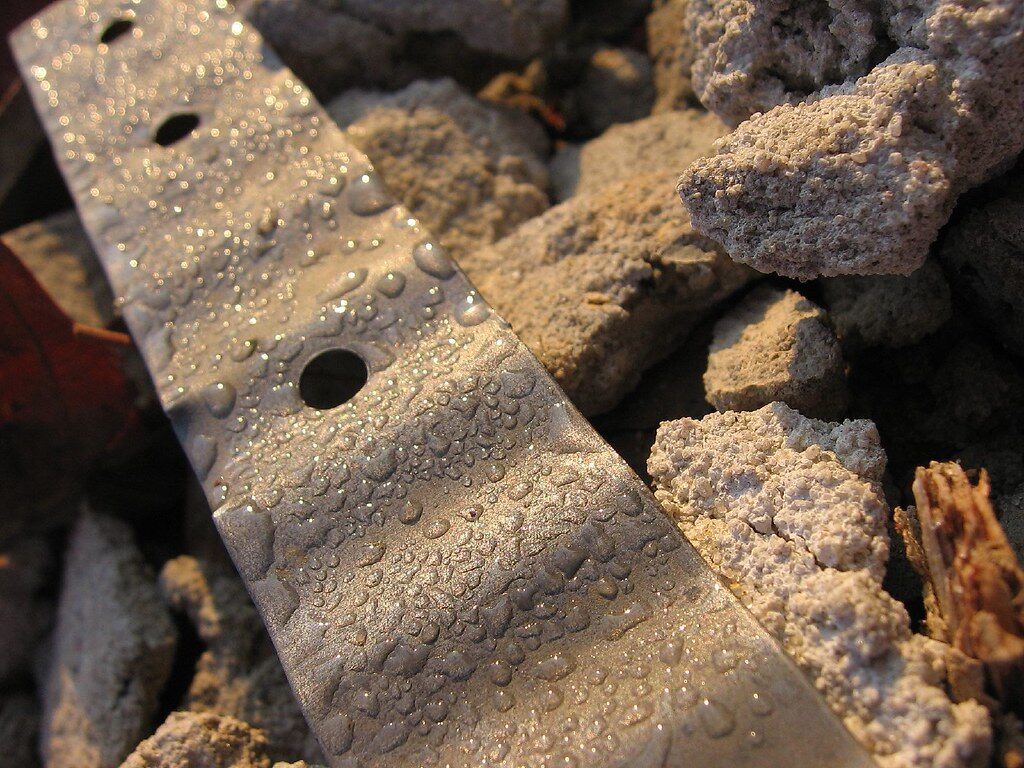
Construction debris, such as concrete, bricks, wood, and drywall, cannot simply be dumped on your property. These materials may contain hazardous substances or sharp objects that can cause injury. Local ordinances typically require construction debris to be taken to licensed disposal facilities or recycling centers. Unauthorized dumping may also violate zoning laws and lead to fines. Properly handling construction waste protects the environment, maintains neighborhood aesthetics, and ensures compliance with local regulations.
5. Automotive Parts
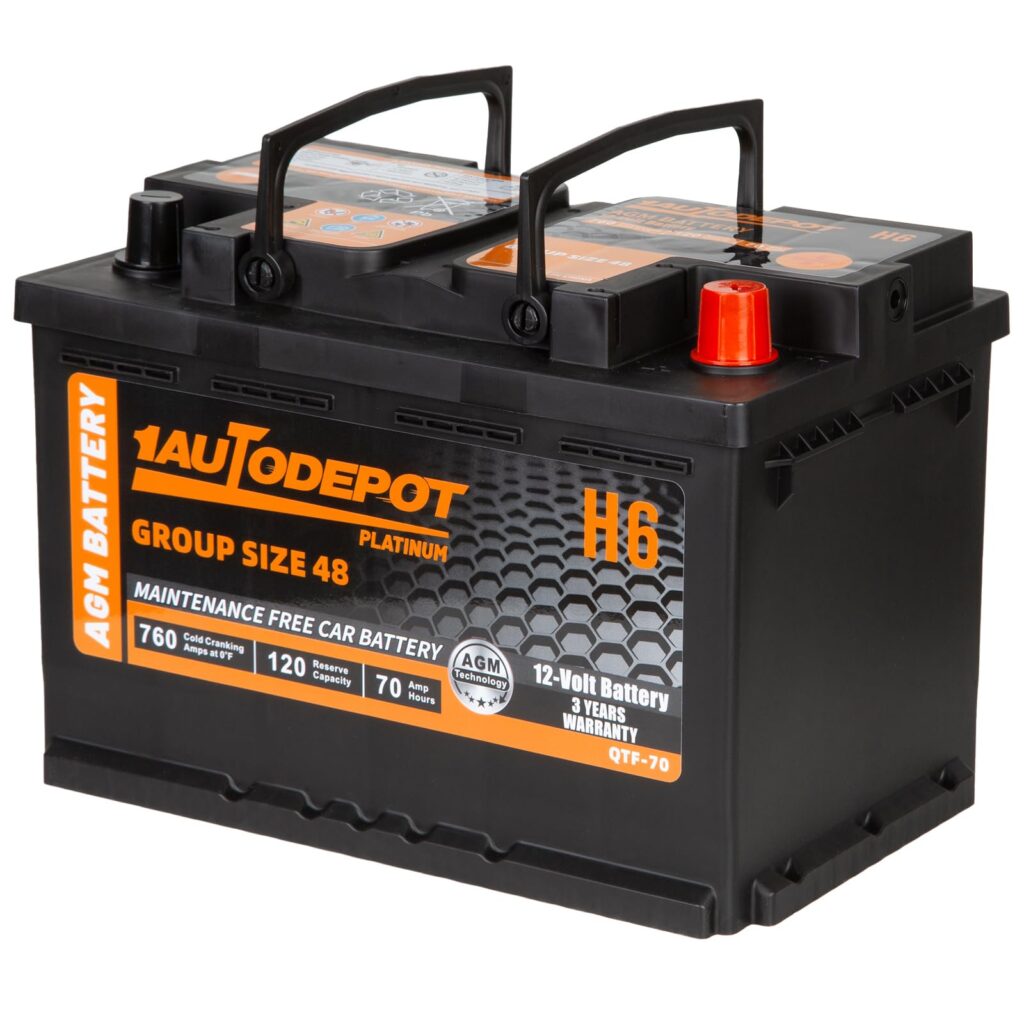
Automotive parts such as batteries, tires, and fluids should never be dumped on your property. Car batteries contain lead and acid that can contaminate soil and water, while other parts may pose fire hazards. Many areas have specialized collection centers for automotive waste to prevent environmental damage. Failing to dispose of automotive components properly can result in hefty fines and cleanup costs. Always use authorized facilities to recycle or dispose of these items safely and responsibly.
6. Appliances
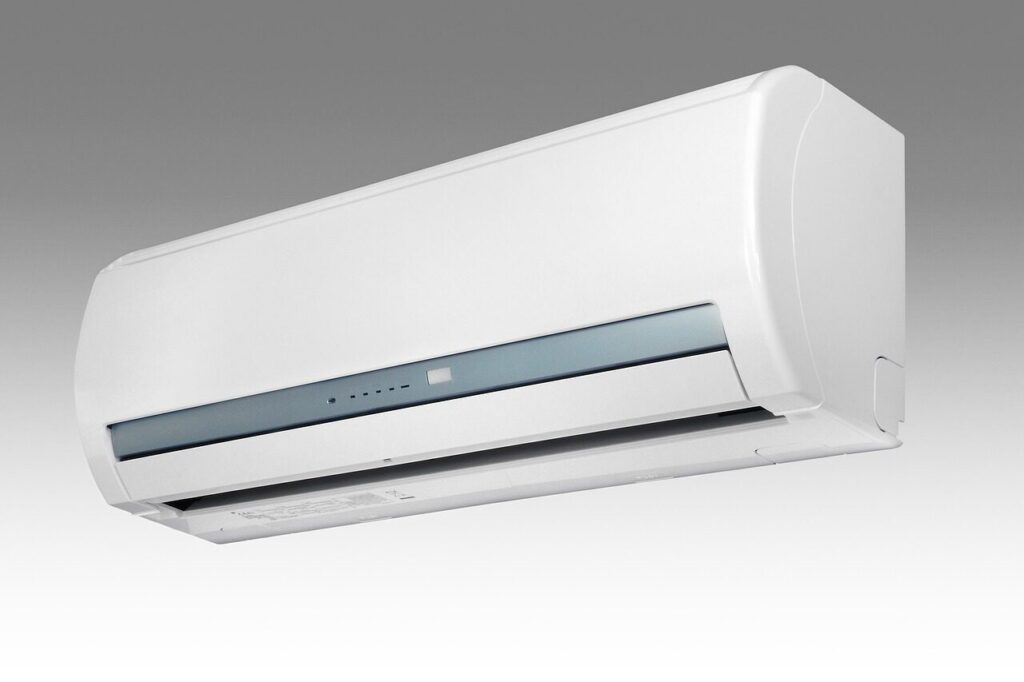
Large appliances like refrigerators, freezers, and air conditioners contain refrigerants and other hazardous materials that must be handled carefully. Improper disposal can lead to ozone depletion and environmental contamination. Most municipalities provide guidelines for appliance recycling or offer pickup services to ensure safe handling. Dumping appliances on your property not only violates environmental laws but may also pose safety hazards. Always follow local disposal regulations to protect both the environment and your community.
7. Medical Waste
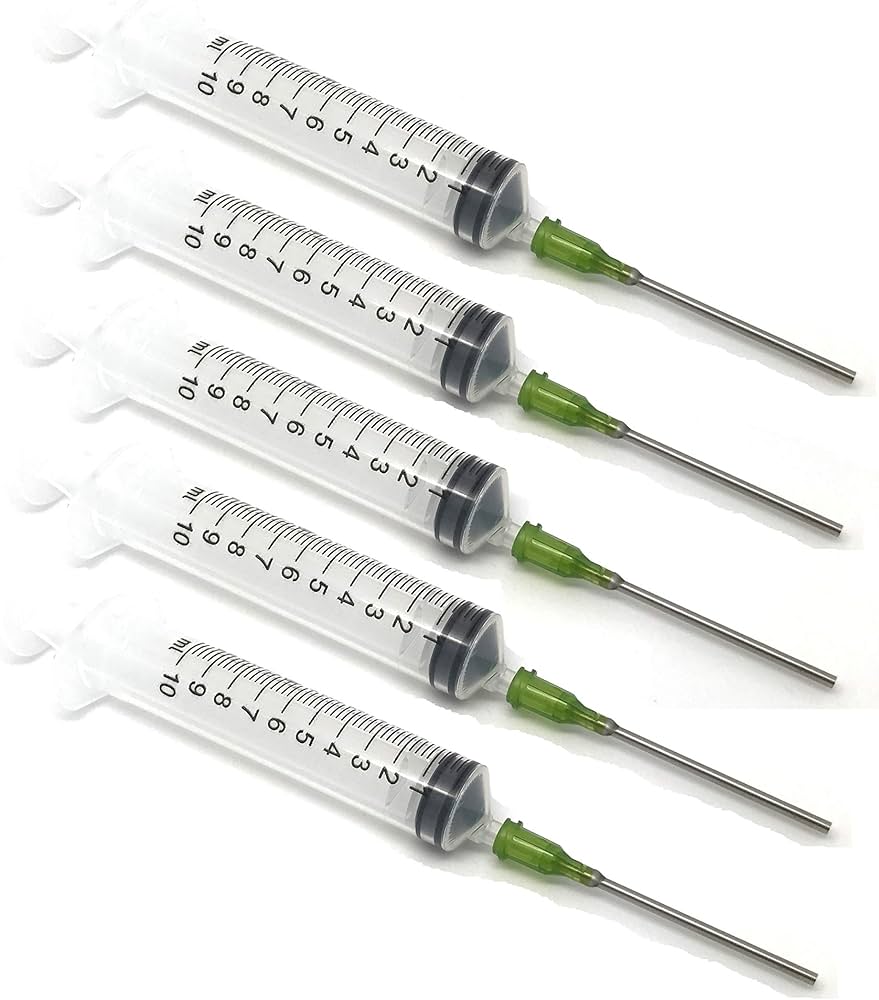
Medical waste, including syringes, medications, and biological materials, is strictly regulated due to health and safety risks. Dumping these items on your property can spread disease, contaminate water sources, and result in criminal charges. Safe disposal methods include returning unused medications to pharmacies and using certified medical waste disposal services. Ignoring these rules can endanger your family, neighbors, and the local ecosystem. Proper disposal ensures public health is protected and legal requirements are met.
8. Yard Waste in Excess

While small amounts of yard waste like leaves and grass clippings are usually acceptable, dumping large quantities can violate local ordinances. Excessive yard waste can attract pests, create fire hazards, and obstruct waterways, leading to environmental and legal issues. Many municipalities provide composting or green waste programs to handle large volumes safely. Following these regulations keeps your property safe and environmentally responsible while preventing fines for illegal dumping. Responsible management of yard waste benefits both your property and the community.
Comments